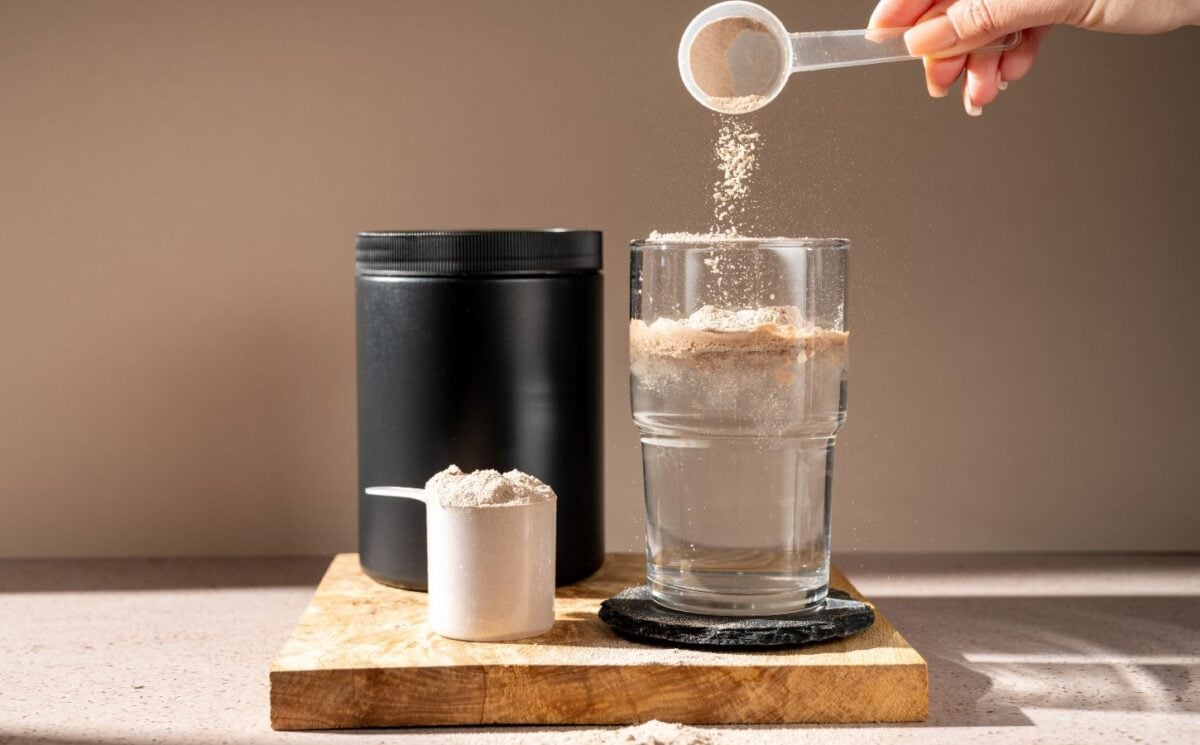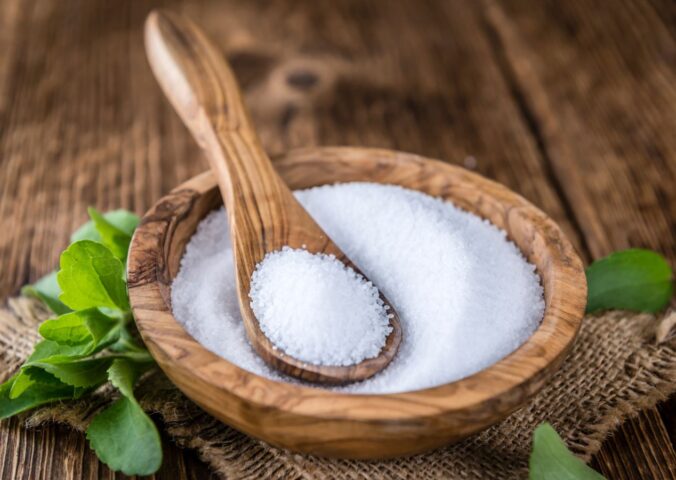Creatine, a compound often linked to meat-heavy diets and muscle-bound gym bros, is one of the most researched supplements in sports and nutrition. But where does it fit into a plant-based diet? And what are the benefits of creatine?
In a recent video, vegan science communicator Mic the Vegan takes a closer look at whether those who avoid animal products are at risk of a creatine deficiency, and whether supplementation offers meaningful benefits to brain and muscle function.
With a background in public health and sustainability, Mic reviews key studies on creatine’s role in energy metabolism and why even those without a clinical deficiency might experience cognitive or physical gains from adding it to their routine.
Please note: this video is intended as a guide only, and creatine is not suitable for everyone. You should always consult your doctor before supplementing creatine
Read more: Vegan Doctor Reveals Why Some People Quit Plant-Based Diets
What is creatine?
Creatine is a nitrogen-based organic compound synthesized by the body, primarily in the liver, kidneys, and pancreas. It’s not an essential nutrient since humans can produce enough of it naturally to stay healthy. But Mic explores whether taking additional creatine, which is called exogenous creatine, can provide extra benefits.
While commonly found in animal muscle, dietary creatine is only present in small amounts. A standard three-ounce serving of beef contains about 0.2 grams – far less than the five grams typically found in supplements.
Mic notes that creatine supplementation is widespread, with 37 percent of collegiate athletes and up to 80 percent of strength athletes using it, including teens. Americans consume over four million kilograms of creatine each year.
Creatine and brain health
Only five percent of the body’s creatine is in the brain, but it still plays a key role in energy metabolism there. Studies suggest that creatine may enhance memory and reduce mental fatigue, especially in older adults.
Mic cites a meta-analysis of 23 randomized controlled trials: “Overall, creatine supplementation improved measures of memory compared with placebo.”
In one Brazilian study, researchers compared brain creatine levels in vegetarians and omnivores. Despite having no dietary intake of creatine, the vegetarian group had slightly higher brain creatine levels – about 1.3 percent more. The study concluded that “dietary creatine intake seemed not to influence brain creatine content in healthy adults.” This suggests that the brain is dependent on its own creatine synthesis.
Interestingly, another study found that vegetarian participants experienced greater memory improvements after supplementation than their meat-eating counterparts. Researchers speculate that creatine could indirectly support memory through improved glucose metabolism.
Could creatine help fight depression?
A recent preprint study proposed that creatine may qualify as a neurotransmitter. It’s found in synaptic vesicles, released upon stimulation, and appears to impact cortical neurons.
Mic references a randomized controlled trial that combined creatine with SSRIs (antidepressants). “Half of the women in the creatine plus SSRI group no longer had depression,” he says, which was double the success rate of the SSRI-only group.
While this doesn’t prove creatine directly influences mood like serotonin, it could be helping support brain chemistry in other ways, such as energy metabolism and fluid balance.
What about muscle gains?

The performance-enhancing benefits of creatine are well established. A review of 16 randomized controlled trials found that “creatine is an efficient form of supplementation for muscle growth in the healthy young population.”
For vegetarians, who typically have 16 percent lower muscle creatine stores, supplementation may offer even more dramatic benefits. In one study, vegetarians who took creatine outperformed meat-eaters in strength tests after supplementation. “They kicked butt,” Mic says.
Yet another study matched vegans and omnivores for body composition and found no strength difference. However, the vegan group had better VO2 max scores, suggesting superior cardiovascular health.
Addressing safety and side effects
Creatine has long raised concerns about kidney stress, but Mic points out that long-term studies show it’s safe for healthy individuals, even at doses up to 30 grams per day.
“There are people who shouldn’t be taking creatine,” he cautions, citing those with kidney, liver, or high blood pressure conditions. But for most people, supplementing three to five grams per day is well tolerated.
Mic also addresses the misconception that creatine gains are just “water weight.” While creatine does attract water to muscle cells initially, long-term studies show that water increases are proportional to actual muscle growth.
Bottom line: is creatine supplementation beneficial for vegans?
Mic concludes that while vegans are not creatine-deficient in a clinical sense, supplementation can offer “above and beyond” benefits for both the brain and muscles. This includes better memory in older adults, improved recovery from fatigue and possibly even long COVID, and enhanced performance in strength training.
By getting creatine from a non-animal source, vegans can also avoid the downsides of meat, including saturated fat and carcinogenic compounds formed during cooking.
“It looks like in terms of brain and muscle, you can get an added…benefit from supplementing with creatine,” Mic says. And with no hint in the literature of vegans having worse brain health or performance, the science speaks for itself.
Find more plant-based science content on Mic the Vegan’s YouTube Channel.
Read more: ‘What I Eat After Running 50km As A Vegan’






